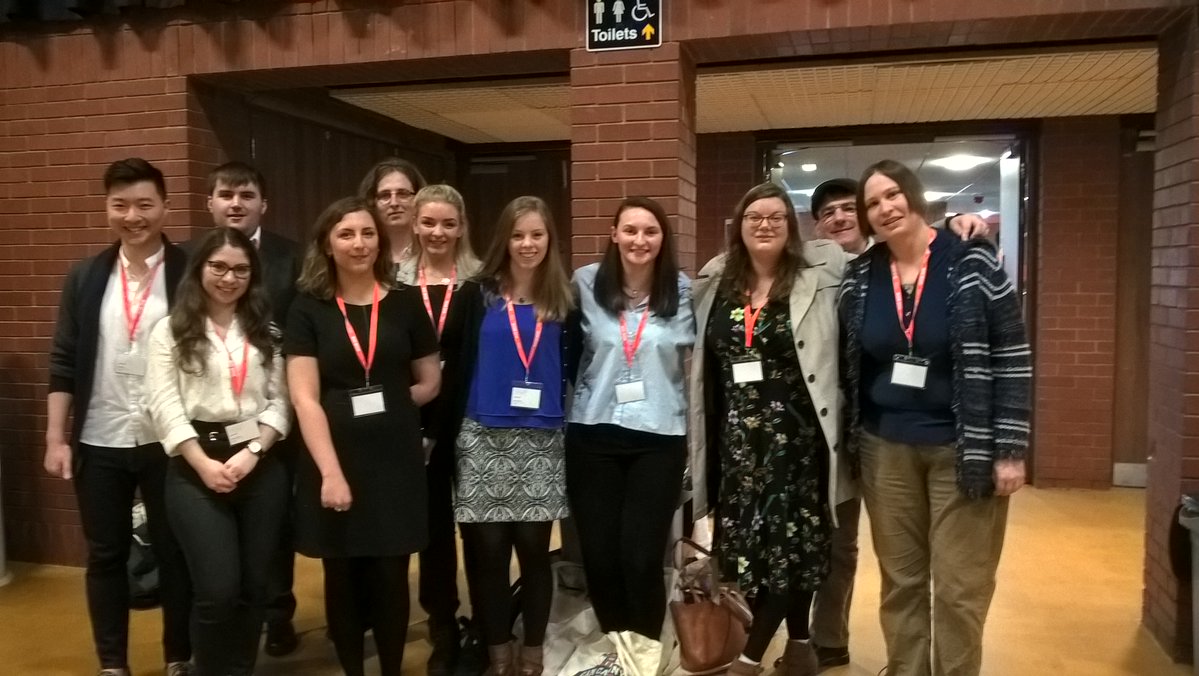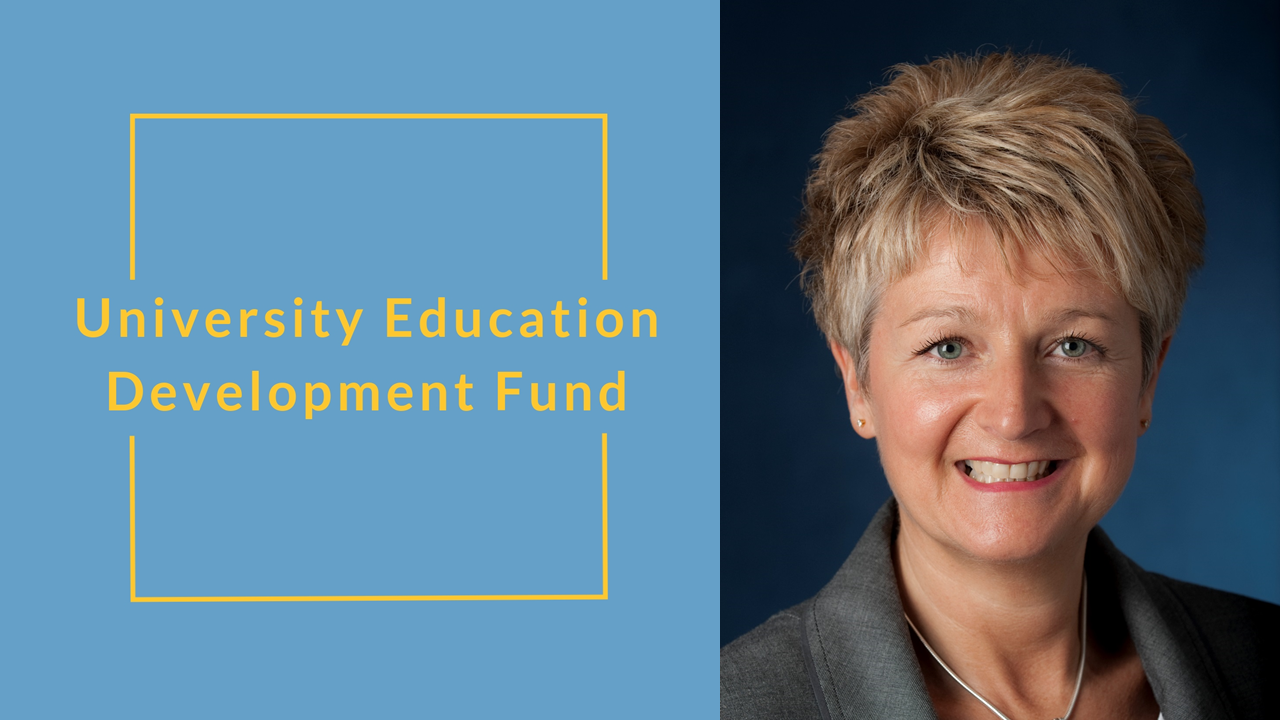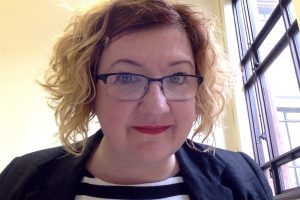The Higher Education Academy’s National Teaching Fellowship Scheme (NTFS) celebrates excellent practice and outstanding achievement in learning and teaching in higher education. The awards support individuals’ professional development in learning and teaching and provides a national focus for institutional teaching and learning excellence schemes.
The Collaborative Award for Teaching Excellence Awards recognising outstanding collaborative work that has had a demonstrable impact on teaching.
More details about the scheme can be found on the HEA’s website.
We are pleased to announce the launch of the University process to determine the institutional nominees to the 2019 National Teaching Fellowship Scheme / Collaborative Awards for Teaching Excellence scheme.
Application to be an institutional nominee
Nominations are welcomed from all members of staff who feel their work has a major, positive impact on student teaching and learning. Staff who would like to be considered should provide a maximum of 1000 words which address the following criteria.
-
- Your personal practice and why this should be recognised as outstanding,
- Your impact on colleagues, both internally and externally,
- Your reflection on the above.
Nominations should be sent electronically to ltds@ncl.ac.uk by 12 noon on Friday the 9th of November 2018.
LTDS has developed a workshop that outlines the scheme and helps you consider whether you are ready to apply for the National Teaching Fellowship scheme. The workshop will take place on 17 October 2018, 12:30- 1:30 pm. Book your place now.
View the LTDS website for more information.




